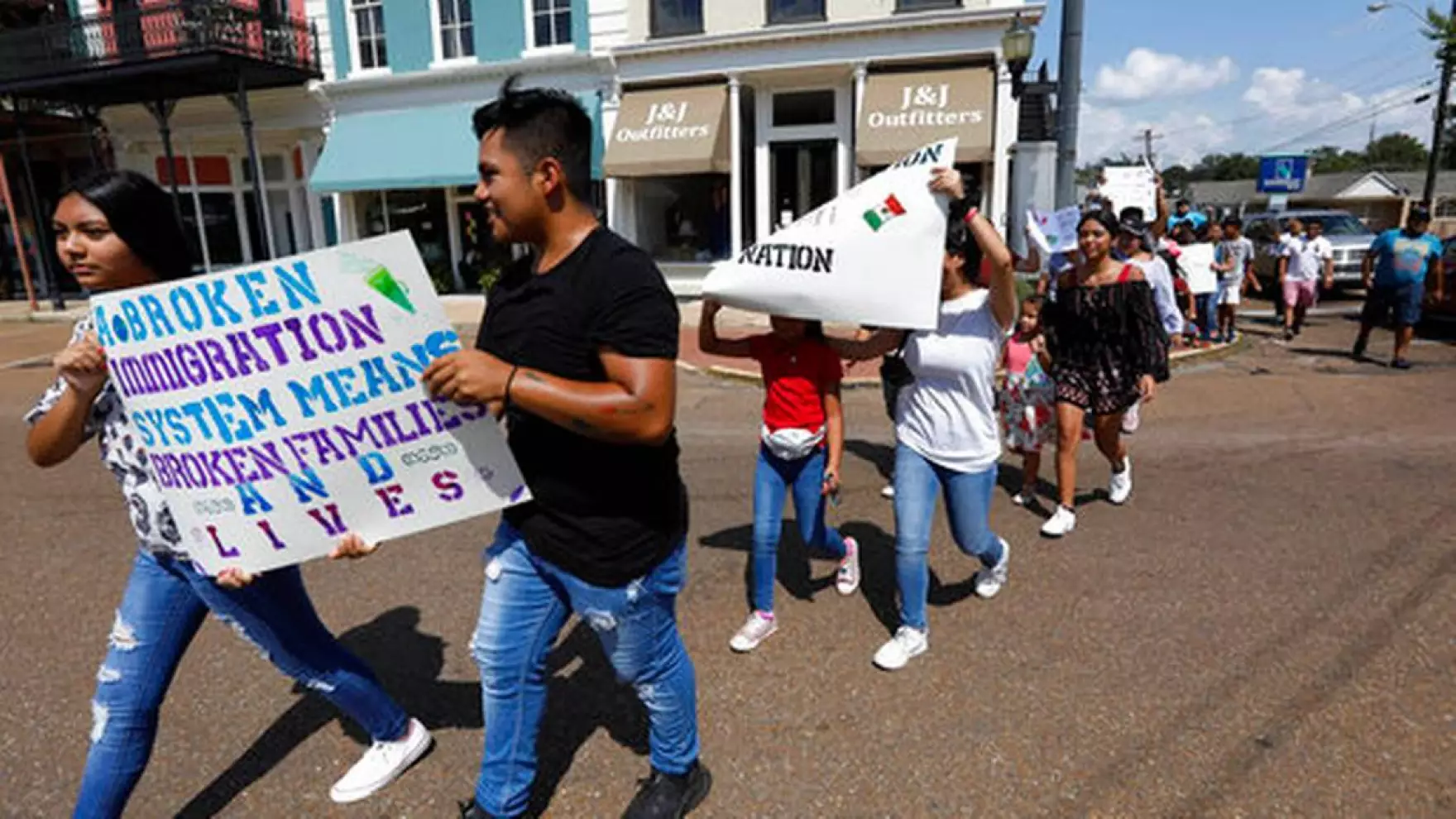Florida has recently intensified its efforts to enforce stricter immigration policies, marking a significant shift in the state’s approach to immigration. This crackdown has sparked a mix of support and criticism, highlighting the complex and often contentious nature of immigration issues in the United States.
Key Aspects of the Crackdown
The crackdown encompasses a range of measures aimed at curbing illegal immigration and strengthening the enforcement of existing immigration laws. These measures include increased cooperation with federal immigration authorities, heightened scrutiny of businesses employing undocumented workers, and stricter verification processes for legal status.
Government’s Stance
Florida’s government, led by proponents of the crackdown, argues that these measures are essential for upholding the rule of law, ensuring public safety, and protecting the state’s economy. They emphasize the need for a robust legal framework to manage immigration effectively and maintain the integrity of the state’s borders.
Opposition and Criticism
Opponents of the crackdown, including immigration advocacy groups and some community leaders, argue that these measures are overly harsh and could lead to racial profiling and unfair treatment of immigrants, particularly those from marginalized communities. They advocate for more compassionate and comprehensive immigration reform that balances enforcement with respect for human rights.
Impact on Communities
The crackdown has had a significant impact on immigrant communities in Florida. Many undocumented immigrants now face increased fear and uncertainty, with concerns about family separation and access to essential services. The measures have also affected businesses reliant on immigrant labor, sparking debates about the economic implications of strict immigration policies.
Legal Challenges
Several of the measures introduced as part of the crackdown have faced legal challenges. Critics argue that some policies may infringe on constitutional rights and exceed state authority on matters typically governed by federal law. These legal battles highlight the complex interplay between state and federal jurisdictions in immigration policy.
Conclusion
Florida’s immigration crackdown represents a crucial moment in the broader national debate over immigration policy. While supporters see it as a necessary step towards law and order, opponents view it as a move that could undermine the rights and dignity of immigrants. The ongoing discussion reflects the deep divisions and challenges in addressing immigration in a manner that balances security, economic needs, and humanitarian considerations.
